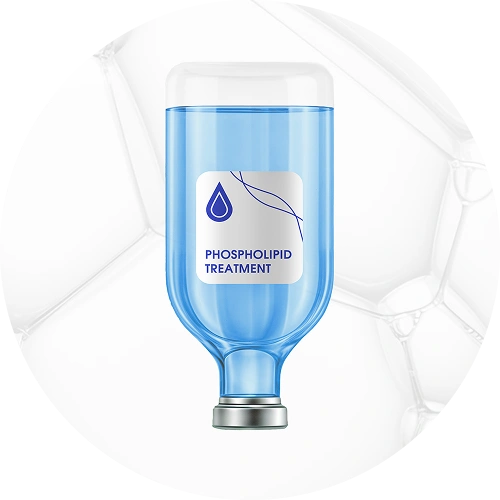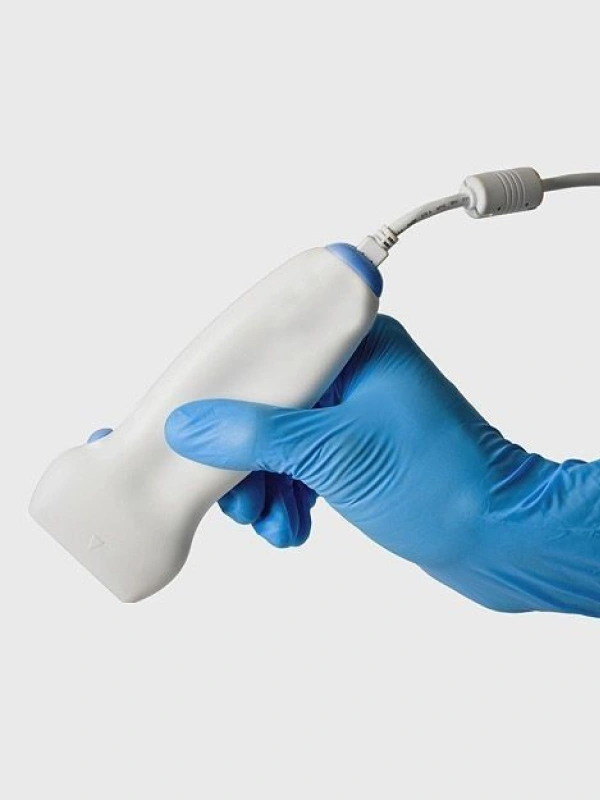The lab diagnostics detect
Dubai
English
Request a call


Check-up «Carbohydrate Metabolism»
A diagnostic program for assessing carbohydrate metabolism and pancreatic function. Includes key indicators reflecting glucose levels, insulin secretion, tissue sensitivity to hormones, and energy balance. Used when diabetes, metabolic syndrome, and insulin resistance are suspected.
Get Consultation - 1 070 AED

Analysis Description
Carbohydrate metabolism disorders often occur latent, but over time they can lead to diabetes mellitus, obesity, chronic fatigue, and cardiovascular complications. This profile allows you to identify changes in glucose regulation, assess the synthesis and effectiveness of insulin, and suspect insulin resistance or latent hyperglycemia. The analysis also helps monitor the condition when diabetes has already been diagnosed.
Indications
Suspected insulin resistance, metabolic syndrome
Diagnosis and control of type 1 and type 2 diabetes
Decreased energy, chronic fatigue, obesity
Appetite disorders, craving for sweets
Monitoring the condition during pregnancy, polycystic ovaries
Assessment of carbohydrate metabolism when taking hormones or statins

Analysis Composition and Interpretation
Glucose
The main source of energy for the cells. Its level reflects how the body absorbs carbohydrates and regulates metabolism. Deviations may indicate problems with the pancreas, decreased sensitivity to insulin, or instability of the energy balance.
Normal range: 3.9–5.5 mmol/l (fasting)
Reasons for increased values: prediabetes, diabetes, stress, hormonal disorders
Reasons for decreased values: hypoglycemia, insulinoma, taking hypoglycemic drugs
Normal range: 3.9–5.5 mmol/l (fasting)
Reasons for increased values: prediabetes, diabetes, stress, hormonal disorders
Reasons for decreased values: hypoglycemia, insulinoma, taking hypoglycemic drugs
Glycated hemoglobin (HbA1c)
Shows how much glucose is bound to hemoglobin in red blood cells. The indicator reflects the average blood glucose level over the past 2–3 months. Used to assess the stability of carbohydrate metabolism and control diabetes, especially with glucose fluctuations.
Normal range: <5.7%
Reasons for increased values: chronic hyperglycemia, diabetes, impaired glucose tolerance
Reasons for decreased values: anemia, increased hematopoiesis, hypoglycemia
Normal range: <5.7%
Reasons for increased values: chronic hyperglycemia, diabetes, impaired glucose tolerance
Reasons for decreased values: anemia, increased hematopoiesis, hypoglycemia
C-peptide
Produced together with insulin and reflects the activity of β-cells of the pancreas. Helps to understand how much of its own insulin the body produces. The analysis is important in assessing insulin resistance and differentiating types of diabetes.
Normal range: 0.9–7.1 ng/ml
Reasons for increased values: insulin resistance, tumors, hyperinsulinism
Reasons for decreased values: type 1 diabetes mellitus, β-cell depletion
Normal range: 0.9–7.1 ng/ml
Reasons for increased values: insulin resistance, tumors, hyperinsulinism
Reasons for decreased values: type 1 diabetes mellitus, β-cell depletion
Insulin
A hormone that regulates blood glucose levels. Responsible for transporting sugar into cells and storing energy. Changes in insulin levels may be associated with metabolic disorders, obesity, or impaired glucose tolerance.
Normal range: 2.6–24.9 µIU/ml
Reasons for increased values: metabolic syndrome, obesity, insulinoma
Reasons for decreased values: type 1 diabetes mellitus, β-cell depletion
Normal range: 2.6–24.9 µIU/ml
Reasons for increased values: metabolic syndrome, obesity, insulinoma
Reasons for decreased values: type 1 diabetes mellitus, β-cell depletion
Leptin
A hormone of adipose tissue that regulates appetite, satiety, and energy expenditure. Decreased sensitivity to leptin is associated with obesity and metabolic disorders. The test is used to assess fat metabolism and hormonal control of appetite.
Normal range:
Reasons for increased values: obesity, leptin resistance, insulin resistance
Reasons for decreased values: adipose tissue deficiency, anorexia, depletion
Normal range:
- Women: 4.1–25.0 ng/ml
- Men: 0.5–9.0 ng/ml
Reasons for increased values: obesity, leptin resistance, insulin resistance
Reasons for decreased values: adipose tissue deficiency, anorexia, depletion
Fructosamine
Reflects glucose levels over the past 2–3 weeks by binding to blood proteins. Used for unstable sugar or when the HbA1c test is not informative enough. Helps to quickly assess the effectiveness of therapy for carbohydrate metabolism disorders.
Normal range: 205–285 µmol/l
Reasons for increased values:hyperglycemia, poorly controlled diabetes
Reasons for decreased values: hypoglycemia, hypoproteinemia, nephrotic syndrome
Normal range: 205–285 µmol/l
Reasons for increased values:hyperglycemia, poorly controlled diabetes
Reasons for decreased values: hypoglycemia, hypoproteinemia, nephrotic syndrome
Check-up «Carbohydrate Metabolism»
1 070 AED
Book
Key Advantages of Refresh Clinic
Your gateway to the science of longevity

Expertise & Care
All procedures are performed by nurses with 10+ years of practice — in an environment designed for comfort and trust.

Personal Health Concierge
From your first visit to long-term results, you are guided by an expert who tailors every stage to your needs.

Clinical Safety
Programs are designed by endocrinologists with attention to your metabolic profile and follow international quality standards.

Fill out the form to book your consultation.
Your personal manager will contact you within 10 minutes and arrange a convenient time for your visit.














